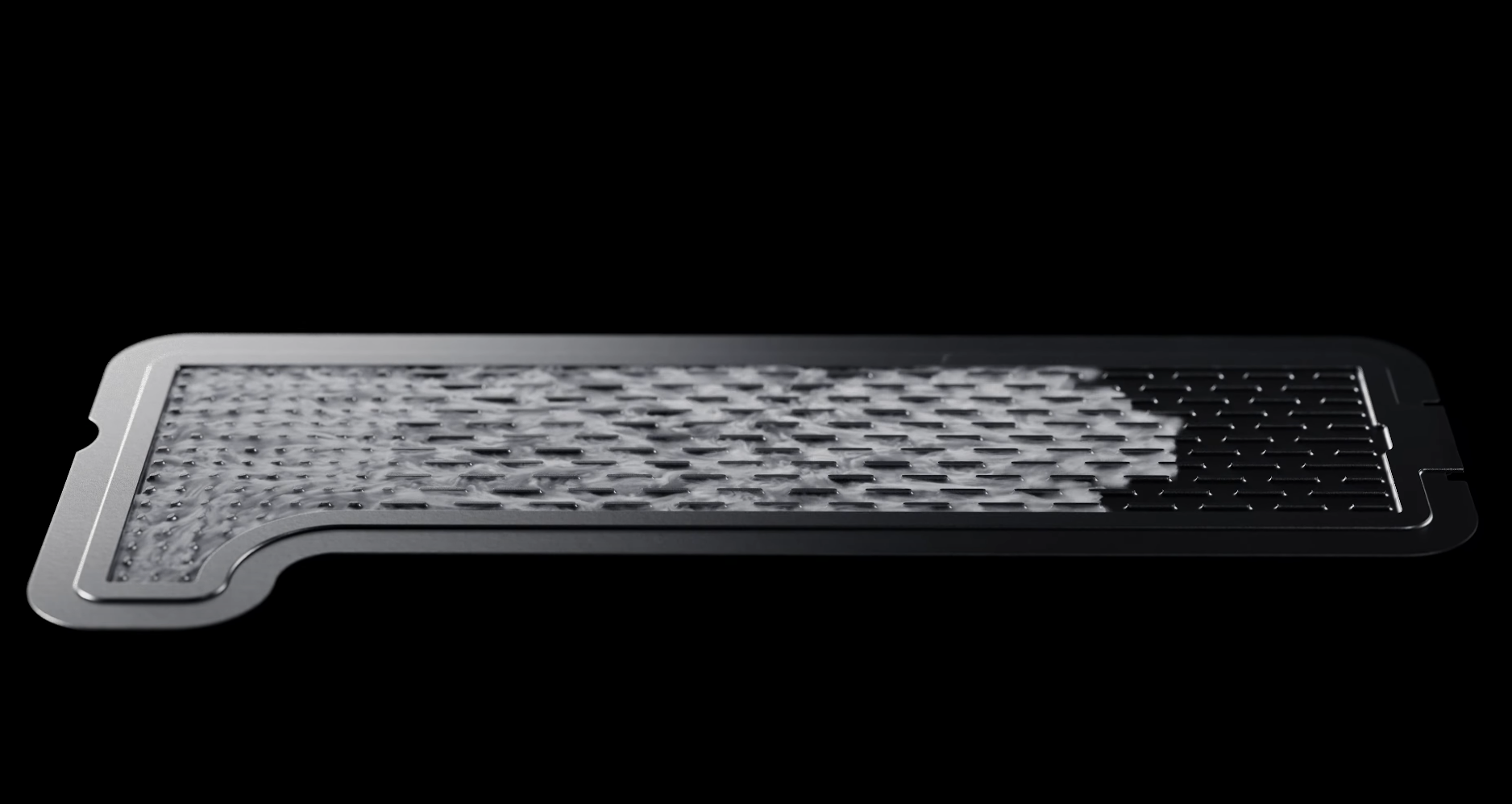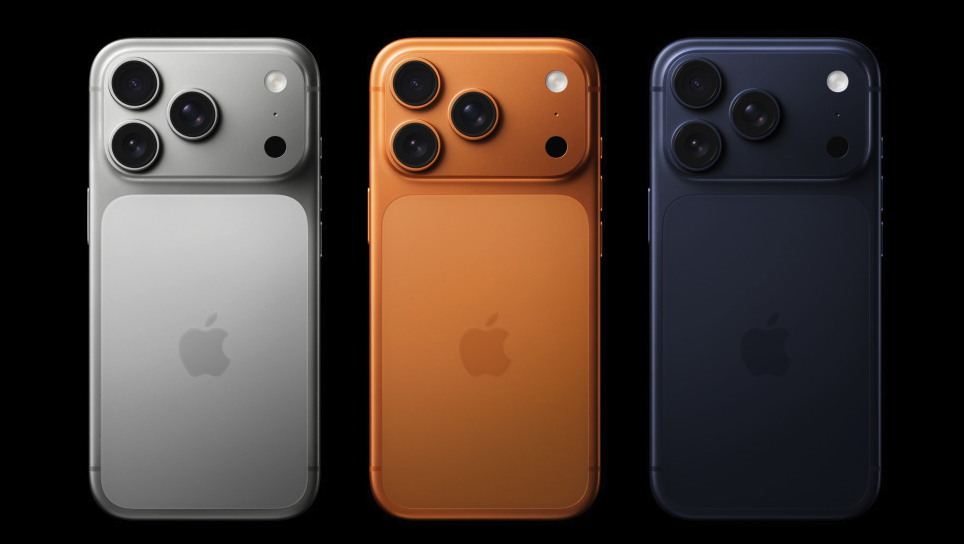Apple's new A19 Pro chip for the iPhone 17 was announced yesterday and the first Geekbench scores have been uploaded. To be quite frank, if this was a new x86 CPU for gaming PCs, we'd be losing our minds.
The A19 Pro is scoring nearly 4,000 points in Geekbench 6's single-thread test. That compares with about 3,500 for the best AMD desktop CPU. And may I remind you, that's in a freaking phone. The A19 Pro in a desktop with the power budget and thermals that affords would be higher still, well over 4,000.
If a new AMD or Intel CPU popped up in Geekbench hitting, say, 4,500, the internet would just about break. And to be clear, these Geekbench numbers for the A19 Pro are plausible. The previous-gen A18 Pro scores around 3,500 points in Geekbench 6. So, a 15% boost to 4,000 points for the latest chip fitted to a phone with a new vapor chamber cooling system doesn't seem like a massive stretch.
Of course, Geekbench is hardly the perfect benchmark. And it's demonstrably not a game. But comparative real-world performance in applications doesn't tend to be a million miles away from Geekbench. The bottom line here is that Apple has long had a clear IPC or single-core and per-clock-cycle performance advantage over x86 chips from AMD and Intel, and it looks like the new A19 Pro chip will maintain that lead.
Really roughly, it looks like the A19 Pro has an IPC advantage approaching 30% over the best x86 chips. That's pretty huge. It's also a figure that AMD and Intel are very unlikely to reach in a single generation. So, it's unlikely that AMD's next-gen Zen 6 architecture or Intel's Nova Lake will match the Apple A19 Pro.

But here's the really crazy bit. Even if they did, that probably wouldn't mean they'd match Apple. Because the A19 Pro will be in iPhones you can buy in a few weeks, but Zen 6 and Nova Lake aren't out for a year or more. And by then, there will be another new Apple CPU and that one is expected to be on TSMC's new N2 silicon and will almost certainly be a fair bit faster than the A19 Pro which is on TSMC N3 silicon.
However you slice it, then, Apple looks to have a pretty major architectural advantage with its CPU cores. That's a bit odd when you consider that it's not ostensibly a CPU company. And so it begs the question of why the CPU specialists at AMD and Intel can't match Apple.
Part of the answer is perhaps that Apple has full control of its own hardware and software stack. It designs and engineers both its own CPUs and operating systems and can optimise them to work nicely together to the nth degree.
It also, obviously, has absolutely huge resources and uses the very latest TSMC silicon. By way of example, those Geekbench 6 results show the Apple A19 Pro with 6MB L2 cache per performance core. That's 50% more than Geekbench reports for the previous A18 Pro.

The comparison gets a bit complicated because the A18 Pro actually has 8 MB of L2 cache per performance core. But here's the thing. The AMD Ryzen 9 9950X3D has just 1MB L2 cache per core. The full cache comparison is complicated and currently unclear, what with the X3D's V-cache and Apple's own last level SoC cache, which was 24MB for the A18 Pro. But it certainly seems like Apple absolutely loads its chips with cache and can probably do so because it uses the most advanced silicon.
Undoubtedly, there's a lot more going on than just Apple throwing a load of cache memory at its processor cores. But however Apple is achieving this performance, it's very impressive. And I kinda wish we had access to it in our PCs.













 Bengali (Bangladesh) ·
Bengali (Bangladesh) ·  English (United States) ·
English (United States) ·